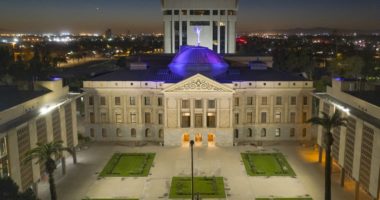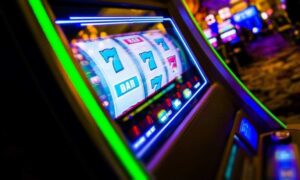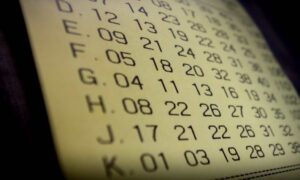
One of the state legislature’s two chambers has been cleared by a sports betting act from Arizona.
While the speech is significant in its own right, it’s crucial to determine whether it has the potential to become law.
The full Arizona House moved forward with HB 2772 on Thursday, a bill that would regulate both sports betting and daily fantasy sports. However, recent gambling expansion actions by the Senate have complicated the situation for this House bill.
Details about the Arizona sports gambling bill that received approval from the House.
HB 2772 expands Arizona’s gaming industry to encompass 20 betting certificates. Tribal casino users would have exclusive access to 10 of these, while the rest may be allocated to groups and professional sports leagues.
However, this would necessitate renegotiating gambling contracts between the state and various ethnic groups. In return for allowing luxury sports betting, these nations would have the opportunity to expand their entertainment choices. Their offerings could include games of pure chance such as roulette, baccarat, craps, and nbsp.
Betting on arguments is allowed for all events except for college sports due to associated costs. If the current bill is approved, local teams such as the Arizona Cardinals and the Phoenix Suns may permit fans to place bets on sports.
The revenue sharing from sports gambling in Arizona is still uncertain.
Furthermore, the costs do not provide an exact percentage of revenue distribution between the state, tribal casinos, or other license holders. The Arizona Department of Gaming (ADG) is instead directed to set these thresholds. The ADG would also decide on other regulatory matters such as the fees to be charged to professional sports leagues or clubs for a passport.
Under the existing framework, tribal casinos make yearly payments to both local and state governments based on their revenues. For instance, in the fiscal year ending in June 2020, the state received $102 million in revenue sharing from tribal casinos.
The bill received substantial support on the House floor after an amendment was added which revised the ADG’s fee structure for both DFS and sportsbook licensees, among other changes. The vote in favor of the bill was 48-12.
However, the bill that recently passed through committees in the upper chamber of the Arizona legislature may not progress much further due to significant headwinds. The bill has one major issue.
What happens subsequently?
HB 2772 is currently likely to be directed towards three locations. These include the governor’s office, a place referred to as the “street of broken dreams,” and back to the House representatives under the guidance of Doug Ducey, but with significant changes.
In late February, SB 1794, a bill centered on expanding gambling through historic horse racing (HHR) machines, passed through two Senate committees. This bill also authorized sports betting in a similar fashion to HB 2772, with which it was recently combined. Essentially, the Senate act, SB 1794, acted as a partner to HB 2772.
The primary hindrance to the passage of SB 1794 is the ethnic support it has garnered, which has subsequently attracted aid from Ducey. In anticipation of the expiration of recent agreements with casino operators next year, the government has initiated negotiations for fresh agreements.
The likely rejection of SB 1794 by tribal casinos is due to the incorporation of the HHR. The bill would allow off-track betting sites (OTBs) in the state to offer this type of gaming to their customers. These machines bear a strong resemblance to slot machines, posing a threat to the recent benefits tribal casinos in Arizona have been experiencing in that market.
What implications would HB 2772 have? It’s uncertain whether the Senate will approve it without changes, which would simply allow off-track betting sites (OTBs) to play keno games more frequently than historical horse racing (HHR) games. Concurrently, altering the law to permit HHR games at OTBs could drastically affect the entire process. Without tribal consent, no action can be taken.







